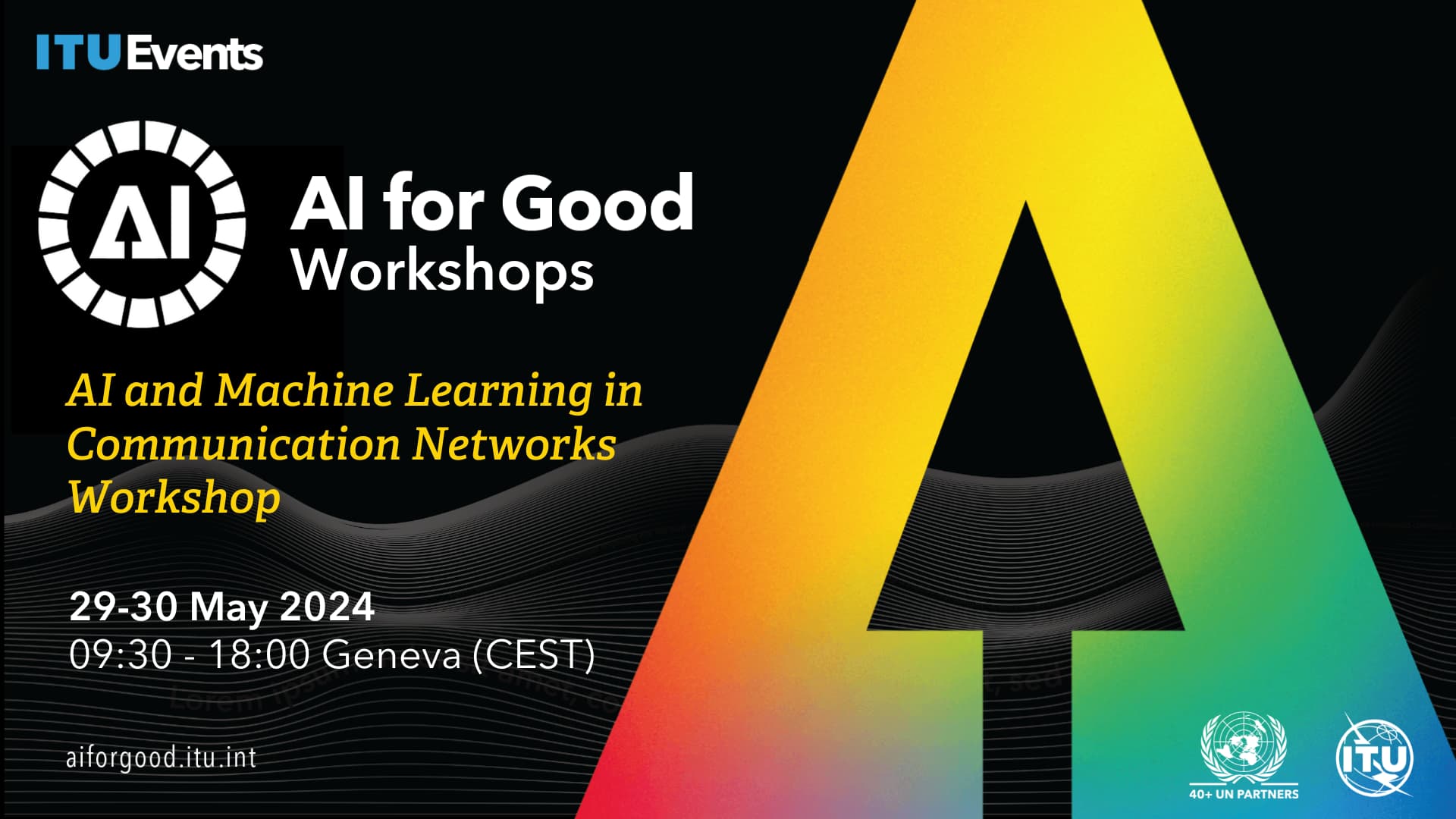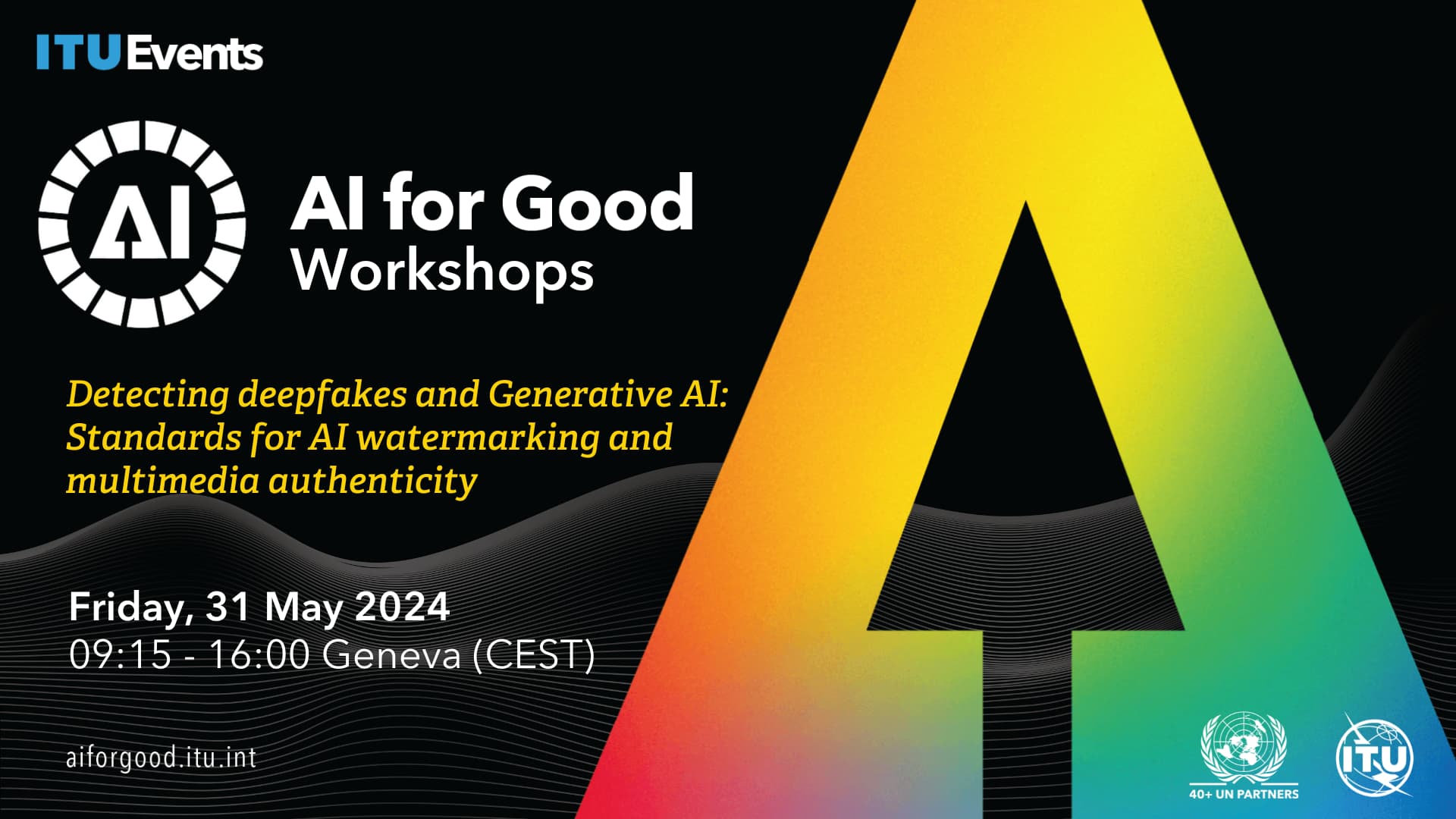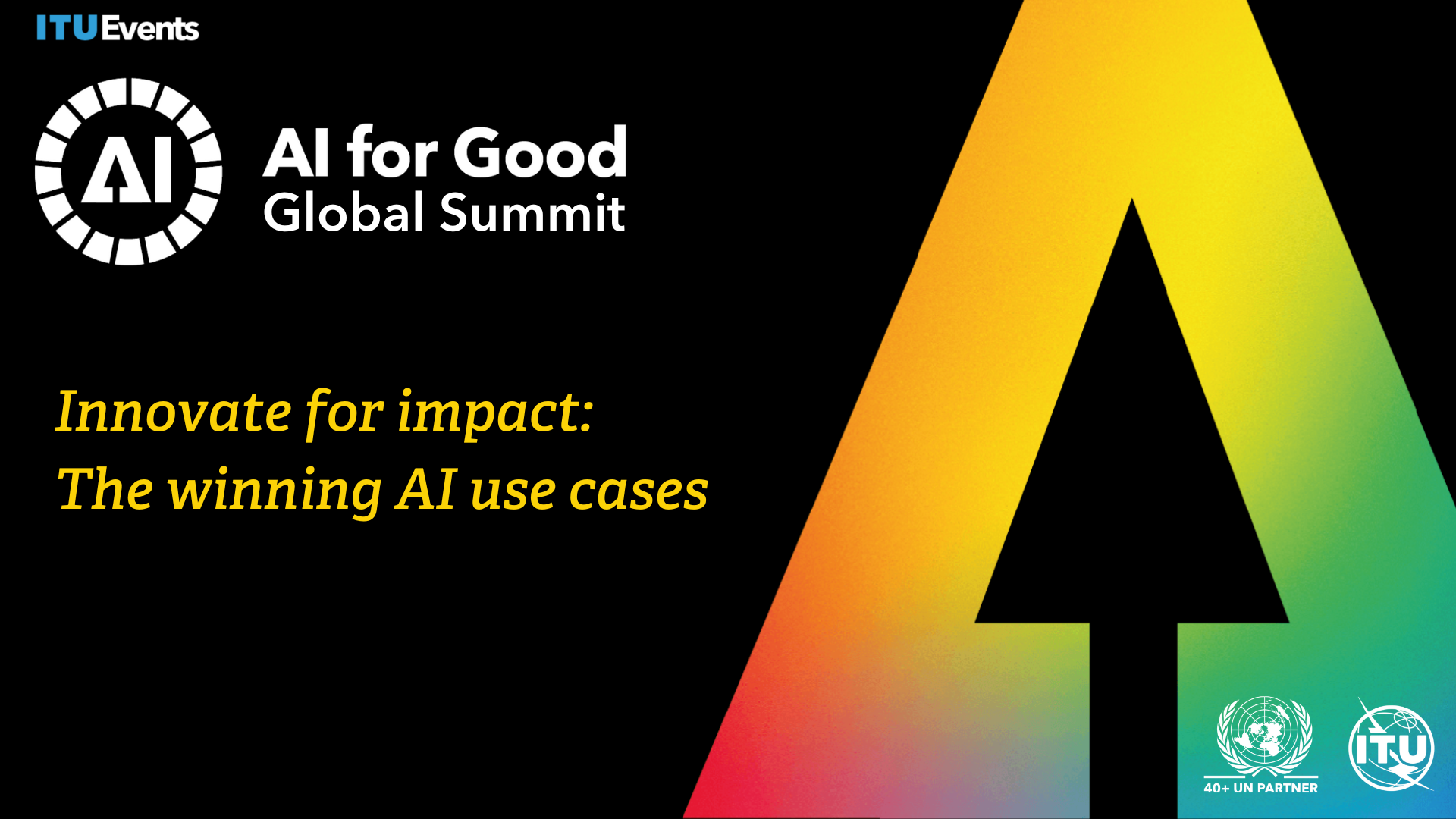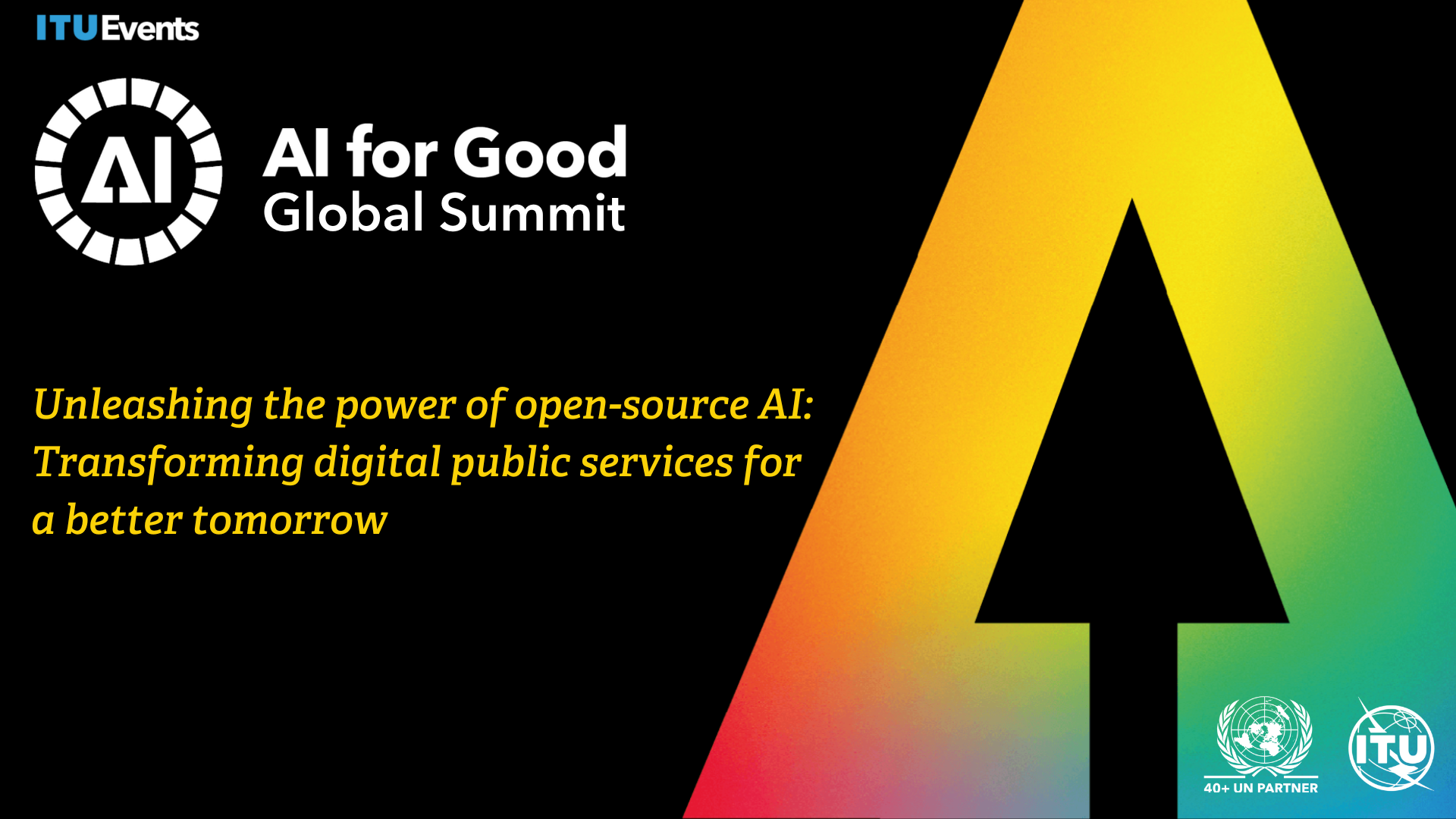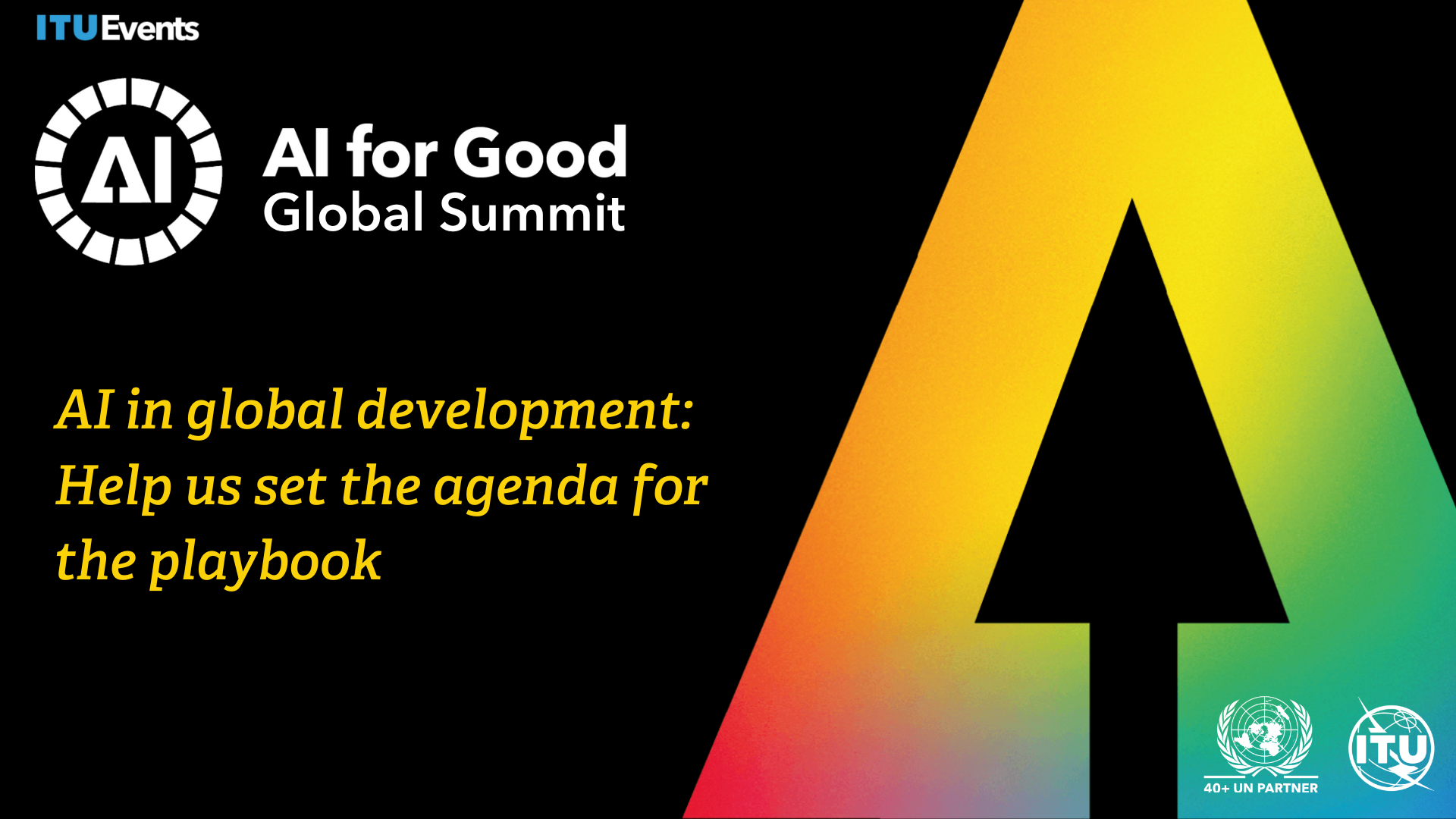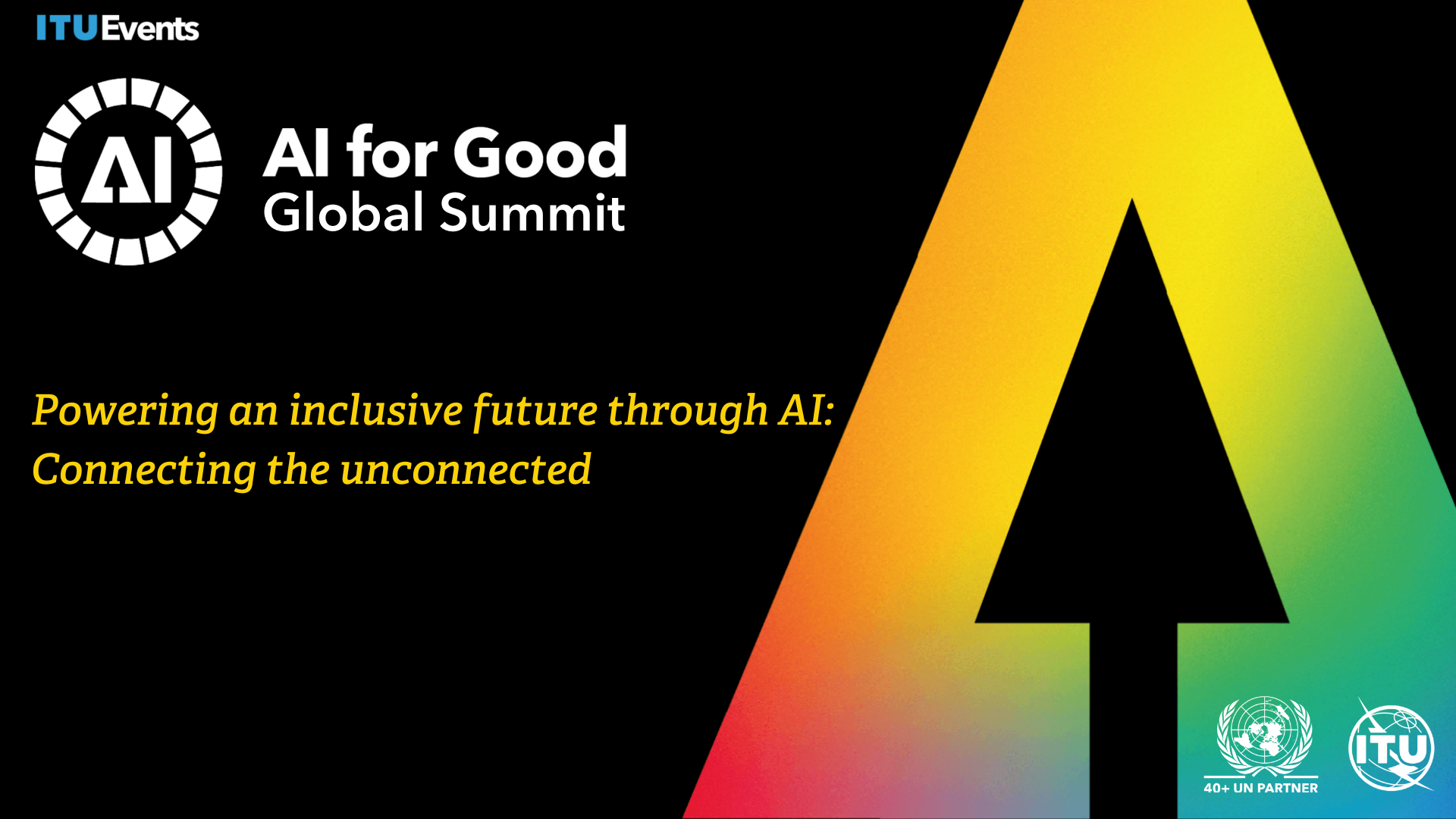The ITU vision document for IMT-2030 (6G) calls out ubiquitous intelligence as one of the overarching aspects commonly available to all usage scenarios of IMT-2030 (6G). AI-related capabilities such as distributed data processing, distributed learning, AI computing, AI model execution, and AI model inference, are to be supported throughout IMT-2030 (6G). This session analyses the applications in IMT-2030 but with a critical lens of requirements for AI-related capabilities in the network. How does artificial intelligence enable new usage scenarios in IMT-2030 (6G) which previous generations of IMT were not designed to support? How to use Generative AI to bring virtually generated or remote experiences closer to the user and at the same time bridge digital divides? Can AI help to achieve the twin goals of replicating the real world in a digital world and providing virtual experiences to humans while satisfying sustainability goals? The session chair would kick off the discussion and the experts would present their views on the topic, including important challenges such as the expectations on AI to enable new-age applications, AI-empowered features in 6G, and the current state of AI/ML. Discussions would focus on some of the important questions to answer such as the relation between application and services, AI, and networks, AI-enabled management of applications, and identify some of the major areas that need further study including current standards and gaps.
AI/ML overlays may not be the preferred approach in IMT-2030 (6G). ML pipeline-based integration of intelligence is often module-specific, focusing on specific components or tasks, which may or may not interact harmoniously with the rest of the system. Retrofitting AI capabilities into an existing framework leads to potential inefficiencies. This leads us to a system where AI pervades numerous functions, features, and user interactions, making it an integral part of the user experience. Hence AI Native seems to be an important technical enabler for IMT-2030 (6G) usage scenarios. Applications and services impose expectations on the network, such as intelligent placement of workloads, management of energy vs. performance, and proactive resilience, while assuring privacy, trust, and transparency. To satisfy these expectations, networks transform from providers of AI-as-Service to AI-Native platforms where application developers, integrators, and consumers can meet. Data is moved and crunched, at edge or core, AI algorithms are pulled and prompted, efficiently and on-demand, while applications and services are agnostic to these complexities. Discussions in this session will focus on some of the important considerations in AI-native design and network architectures that can host those designs. How would the creation, configuration, and management of network functions be done by the network itself? How can a network be the platform for the training and inference of models while enabling distributed edge nodes for inference? What does it take to host AI as a native service in the network?
On the sidelines of day 1, there would be demos scheduled that may showcase specific open source or other implementations, bringing out the applications, platforms, or architectures related to AI in xG.




